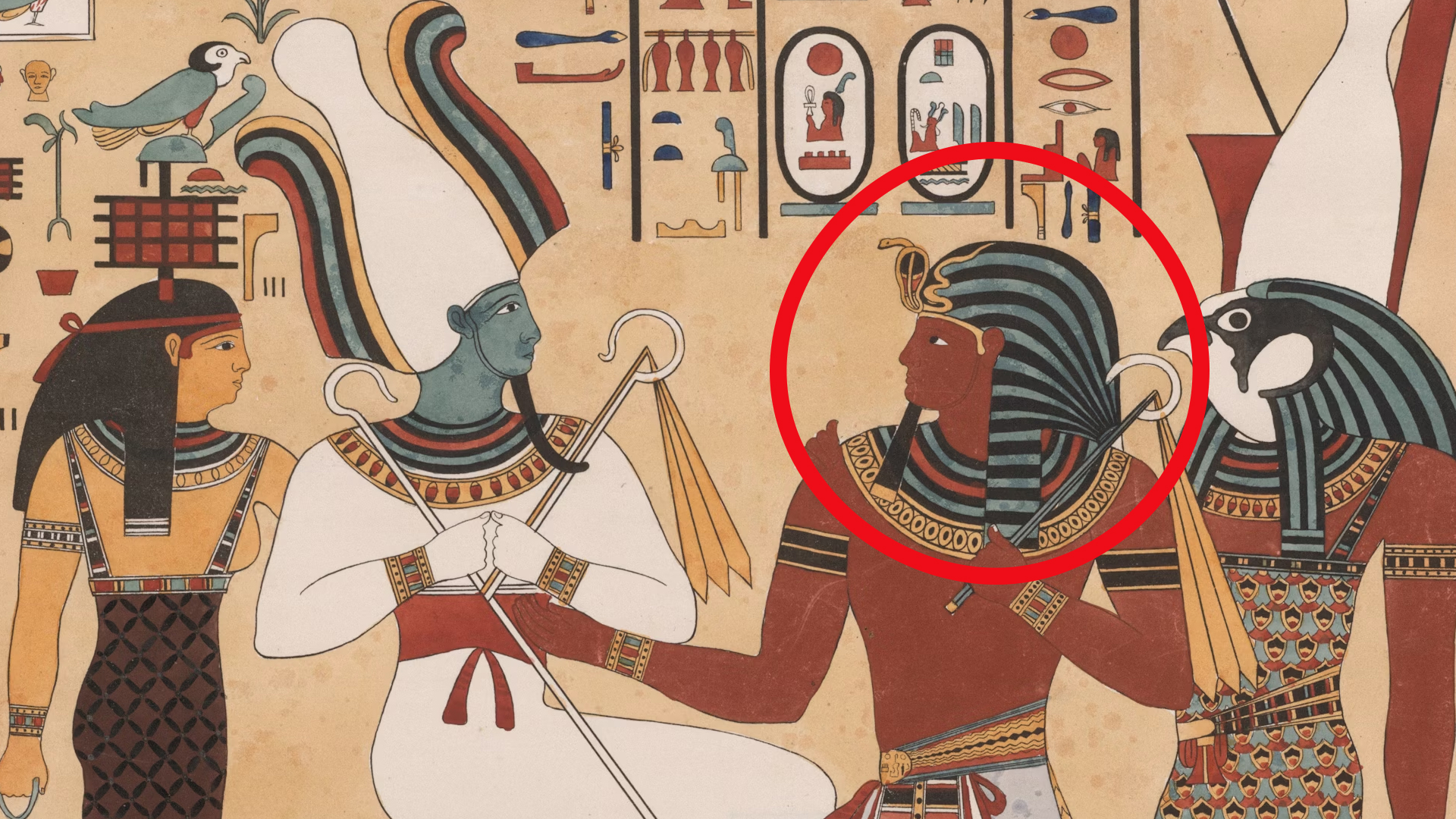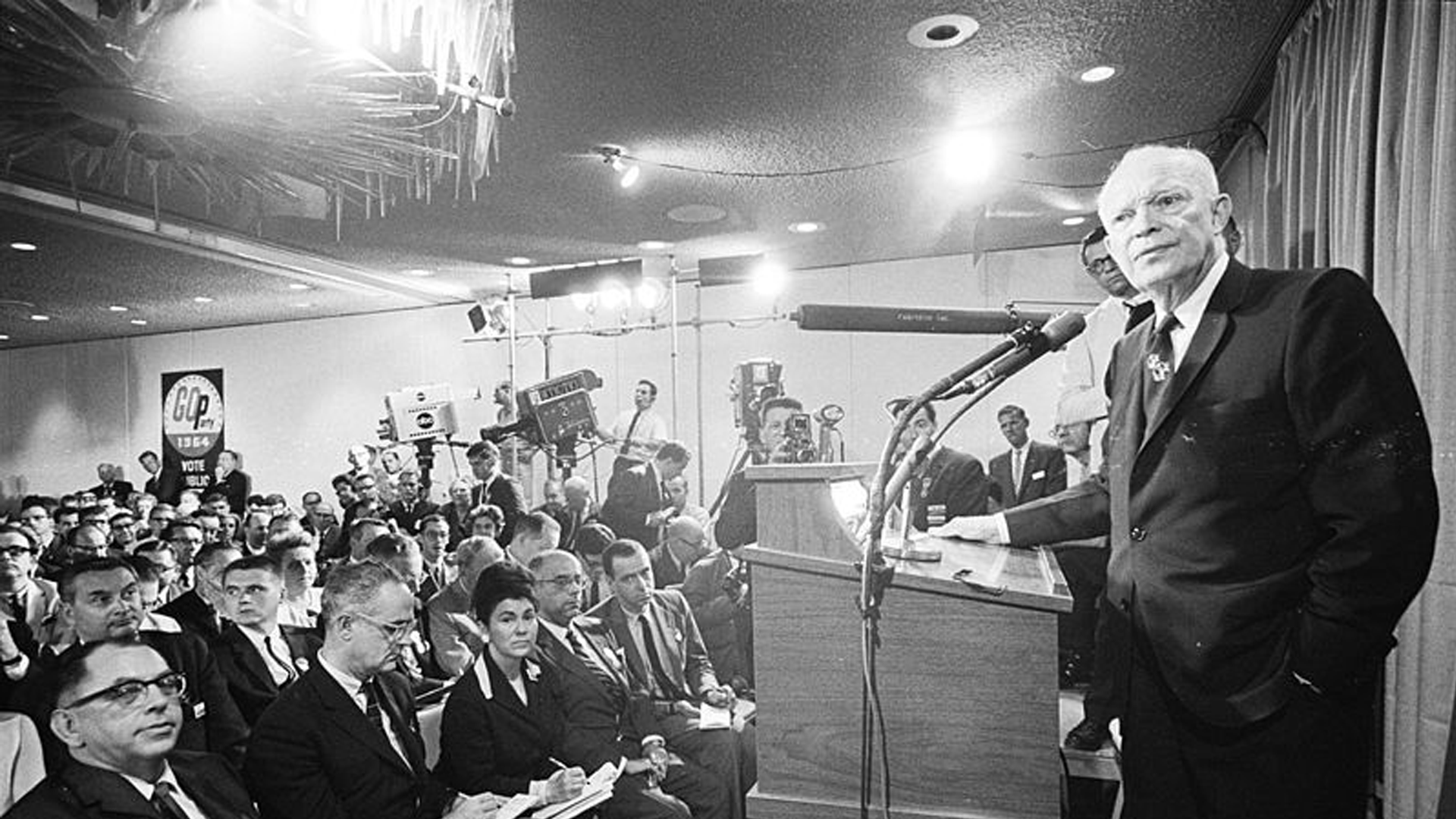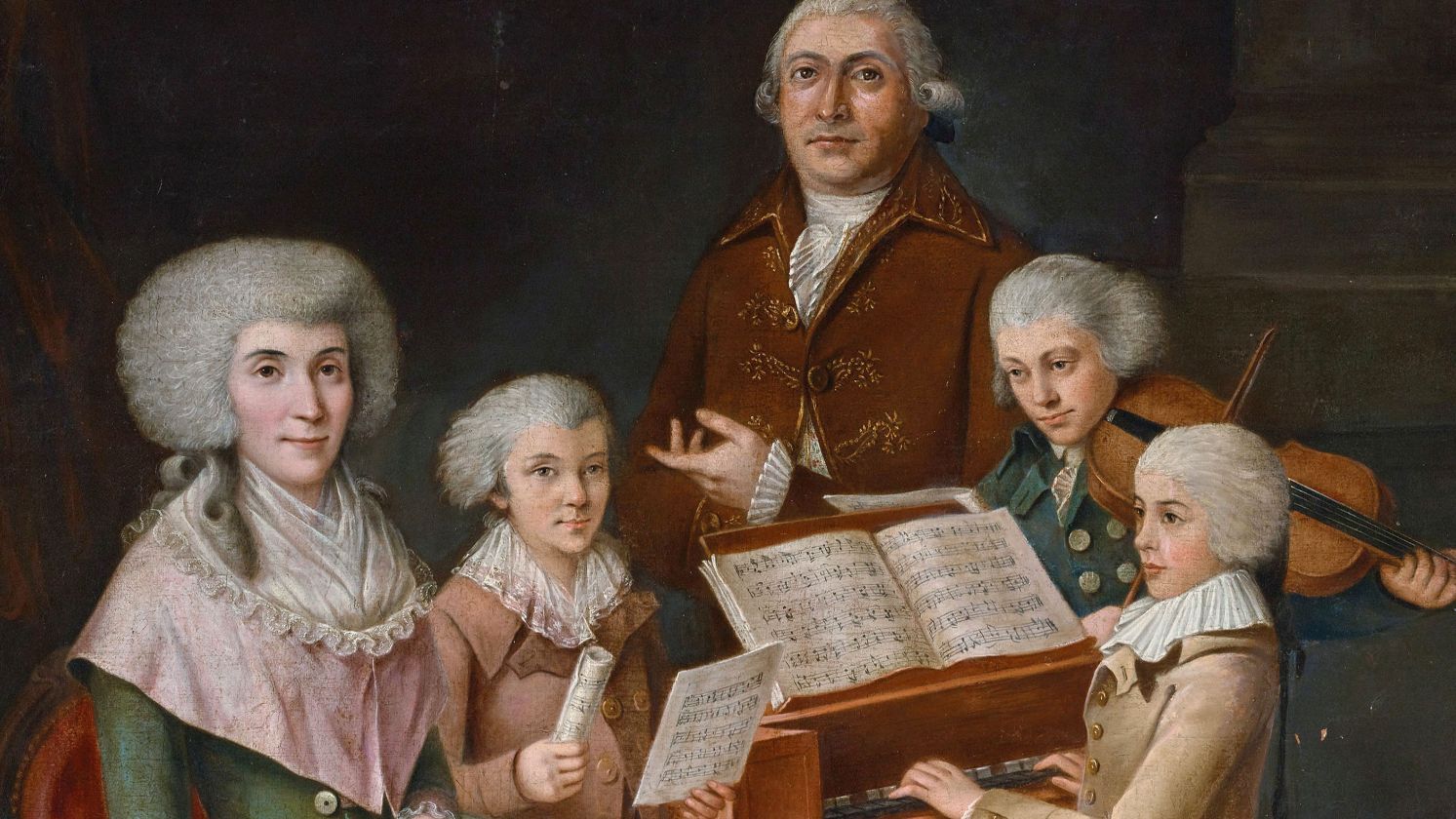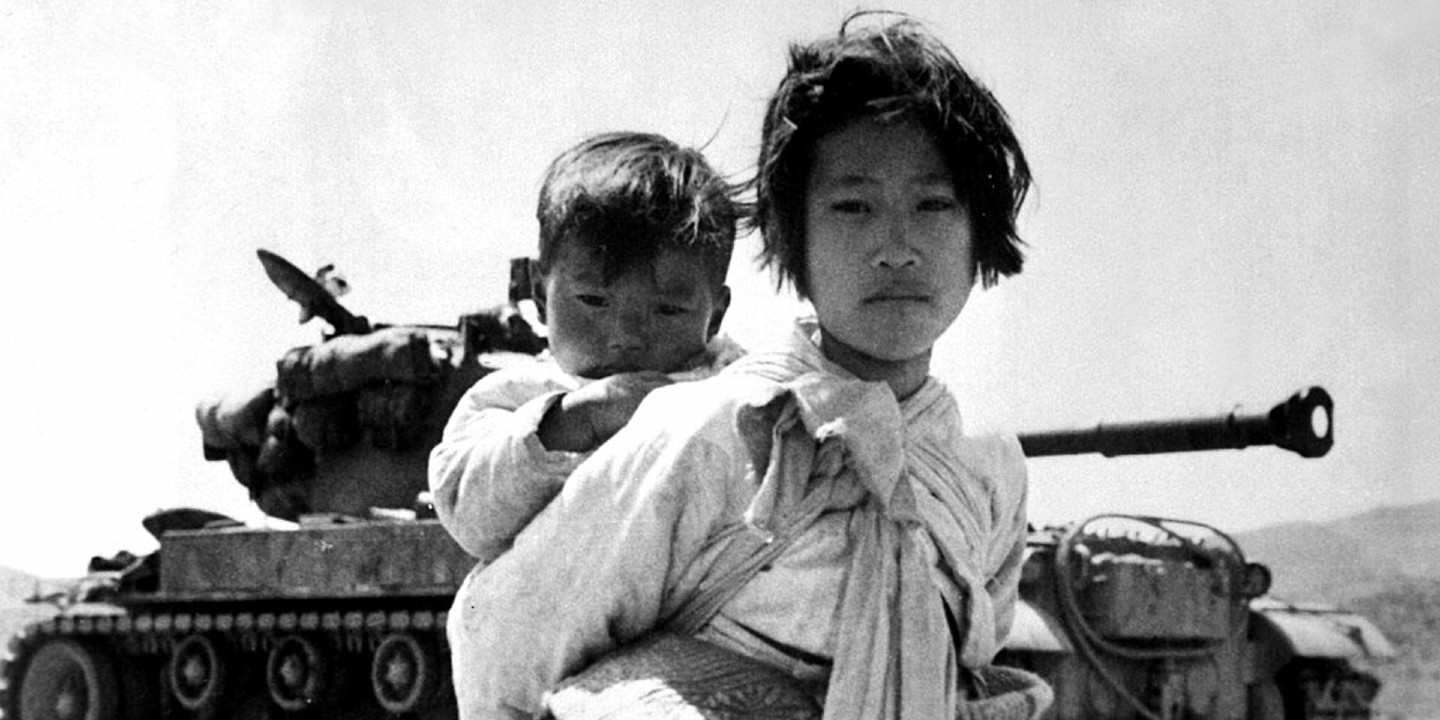20 Historical Figures Who Went From National Hero To National Disgrace
Fallout Of Former Fame
The spotlight doesn’t always stay flattering. For some national heroes, the same fame that lifted them up eventually exposed cracks beneath. The causes they once championed got reevaluated, and their private choices came under public fire. Through these 20 stories, let’s trace the twists that turned glory into disgrace—and ask, “What does it really take to stay a hero?”
 Jacques-Louis David on Wikimedia
Jacques-Louis David on Wikimedia
1. Benedict Arnold
Victory at Saratoga should’ve cemented his place among America’s founding legends. Instead, Arnold’s secret plot in 1780 to surrender West Point to the British changed his story. He fled to England, was rejected by both sides, and died dishonored.
2. Napoleon Bonaparte
What begins in revolution doesn’t always end in liberty. Napoleon rose amid post-revolutionary chaos, promising reform. Instead, he crowned himself emperor, led disastrous wars, and triggered mass casualties. Twice exiled and stripped of power, he died alone—a fallen ruler whose ambition exceeded his grasp.
 Unknown authorUnknown author on Wikimedia
Unknown authorUnknown author on Wikimedia
3. Aung San Suu Kyi
Celebrated globally for resisting Myanmar’s military regime, she earned the Nobel Peace Prize in 1991. But years later, her refusal to condemn or stop atrocities against the Rohingya shocked the world. The United Nations labeled the campaign genocide. Once admired as a democratic symbol, her credibility rapidly eroded.
4. O.J. Simpson
Athletic greatness doesn’t shield one from infamy. Simpson dazzled as a Heisman winner and NFL icon, yet the 1995 murder trial changed everything. Though acquitted criminally, he was later found liable in civil court. The infamous white Bronco chase and his controversial book left his image forever tarnished.
5. Richard Nixon
Nixon's diplomacy reshaped the Cold War scenery. He opened relations with China and signed key arms treaties. But behind closed doors, paranoia and secrecy bred corruption. The Watergate cover-up led to his resignation in 1974, making him the first and only U.S. president to do so.
 James Anthony Wills on Wikimedia
James Anthony Wills on Wikimedia
6. Muammar Gaddafi
In 1969, Gaddafi seized power in Libya and was initially hailed as a national hero for overthrowing a monarchy and promising reform. However, he started ruling through fear, propaganda, and violence. He funded terrorism and was linked to the 1988 Lockerbie bombing. This turned a once-celebrated leader into an international pariah.
 Ricardo Stuckert/PR on Wikimedia
Ricardo Stuckert/PR on Wikimedia
7. Joseph McCarthy
American anxiety in the early Cold War gave rise to McCarthy’s fame. He made sweeping accusations of communist infiltration within the U.S. government. His tactics destroyed careers and civil liberties. In 1954, the Senate censured him, and soon, his influence collapsed—he died discredited and an alcoholic.
8. Tiger Woods
Dominance defined Woods’ early career: he won the Masters at just 21. But his fame collided with scandals when his affairs surfaced in 2009. A late-night crash revealed a double life, costing him sponsorships and stability. Though he later staged a comeback, his once-pristine image had already been fractured.
 KA Sports Photos from Hanover, MD, USA on Wikimedia
KA Sports Photos from Hanover, MD, USA on Wikimedia
9. Rudy Giuliani
Few post-9/11 images were more unifying than Giuliani walking New York’s battered streets. His steady leadership made him “America’s Mayor.” Yet from 2020 onward, he promoted false election claims, leading to a suspended law license in 2021 and eventual disbarment in 2024.
 Gage Skidmore from Surprise, AZ, United States of America on Wikimedia
Gage Skidmore from Surprise, AZ, United States of America on Wikimedia
10. Andrew Cuomo
As New York’s governor, Cuomo became a national figure in the early days of the COVID-19 pandemic. People praised his steady leadership and daily briefings that brought calm amid chaos. But in 2021, multiple women accused him of sexual harassment. Found credible by investigators, the once-trusted leader resigned in disgrace.
11. Ferdinand Marcos
Military valor was central to Marcos’s political rise as he claimed WWII heroism that many historians later disputed. As the Philippines' president, he imposed martial law in 1972 to silence dissent through torture and fear. Finally, in 1986, the People Power Revolution ended his rule.
 Malacañang Palace on Wikimedia
Malacañang Palace on Wikimedia
12. John Edwards
He was a charismatic trial lawyer turned senator. As the 2004 Democratic vice-presidential candidate, Edwards electrified campaign crowds. But behind the scenes? He was concealing an affair and a child while his wife battled terminal cancer. Though acquitted, the scandal erased his national political future.
13. Lance Armstrong
Seven Tour de France victories after cancer survival painted Armstrong as a symbol of resilience. Yet, for years, he denied doping allegations while privately maintaining a sophisticated cheating program. He was stripped of titles and severed from the Livestrong Foundation he once championed.
 The original uploader was Hase at German Wikipedia. on Wikimedia
The original uploader was Hase at German Wikipedia. on Wikimedia
14. Erich Honecker
Honecker was once praised for rebuilding East Germany after WWII. As a leader, he symbolized socialist strength. But he later ordered border guards to shoot anyone trying to escape across the Berlin Wall. The very state he helped build became a prison under his rule.
15. Marshal Philippe Pétain
France once revered Pétain for his leadership in World War I, especially at the Battle of Verdun. But during World War II, he led the Nazi-collaborating Vichy regime. Convicted of treason after the war, the hero of France became its disgraced puppet ruler.
 Cassowary Colorizations on Wikimedia
Cassowary Colorizations on Wikimedia
16. Alberto Fujimori
Fujimori stabilized Peru’s economy and defeated insurgent groups like the Shining Path. However, his administration also sanctioned extrajudicial killings and authoritarian practices. In 2000, he faced a scandal and fled to Japan. Later extradited, he received a 25-year sentence for human rights violations.
 Christian Lambiotte / European Communities, 1991 / EC - Audiovisual Service on Wikimedia
Christian Lambiotte / European Communities, 1991 / EC - Audiovisual Service on Wikimedia
17. Maximilien Robespierre
Robespierre preached liberty, equality, and fraternity until the revolution turned radical. His Committee of Public Safety led to mass executions during the Reign of Terror. Thousands, including close allies, were guillotined without due process. In 1794, he met the same fate.
 Louis-Léopold Boilly on Wikimedia
Louis-Léopold Boilly on Wikimedia
18. Jan Smuts
Once hailed as a visionary global leader, Smuts helped shape the League of Nations and the United Nations. But in his homeland of South Africa, he enforced racial segregation that laid the foundation for apartheid. His work, once celebrated, is now marked by deep contradictions at home.
19. Eliot Spitzer
As New York’s attorney general, Spitzer earned headlines for cracking down on Wall Street corruption. His rise to governor promised bold reform. But revelations of his involvement with a high-priced prostitution ring shattered that image. He resigned in 2008, ending a once-promising political trajectory in scandal.
 Edmond J. Safra Center for Ethics on Wikimedia
Edmond J. Safra Center for Ethics on Wikimedia
20. Cecil Rhodes
Rhodes accumulated vast wealth through diamond mining and founded the colony of Rhodesia. He also funded scholarships that are still awarded today. However, his imperial rule relied on dispossession and violence. A firm believer in racial hierarchy, his legacy is now deeply contested.
KEEP ON READING

The Mysterious "Sea People" Who Collapsed Civilization
3,200 years ago, Bronze Age civilization in the Mediterranean suddenly…
By Robbie Woods Mar 18, 2025
The Turning Point: 20 Facts About The Battle of Normandy
Normandy Changed The Game. The Battle of Normandy marked a…
By Chase Wexler Jun 4, 2025
20 Important Names From World War II You Should Know
Key Players From World War II (For Good or Bad).…
By Cathy Liu Nov 7, 2024
The Musical Prodigy: 10 Fascinating Facts About Mozart & 10…
Secrets Behind the Symphony. Wolfgang Amadeus Mozart remains one of…
By Chase Wexler May 5, 2025
20 Ancient Architectural Wonders That Will Boggle Your Mind
Ancient Marvels That Have Withstood the Test of Time. From…
By Christy Chan Feb 12, 2025
Everything You Need To Know About The Korean War
It Shaped More Than Just A Country. The Korean War…
By Emilie Richardson-Dupuis Nov 8, 2024









